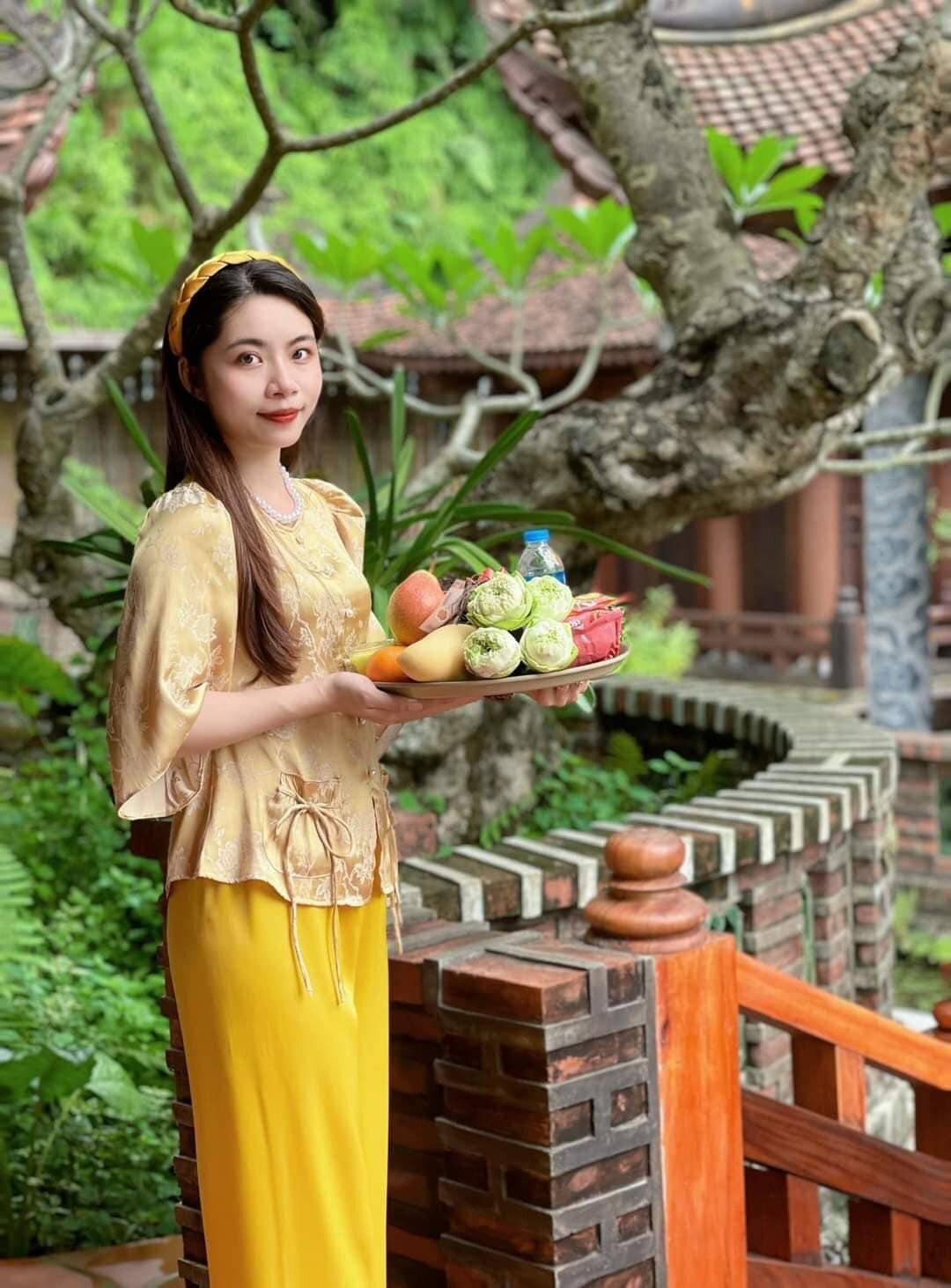Full moon in January should worship at home or at the temple?

Full moon in January should worship at home or at the temple?
The full moon of the first lunar month is also known as the Shangyuan Festival or the Lantern Festival. In Chinese, yuan means first, xiao means night, "yuanxiao" refers to the first full moon night of the year. The Lantern Festival means praying for a good year, family stability, national peace and prosperity, and favorable weather.
This year's Lantern Festival falls on the weekend - Saturday, February 24, 2024, so families have enough time to prepare the full moon worship ceremony in January thoughtfully and on the right date.
Many people wonder whether the full moon of the first lunar month should be worshiped at home or at the temple. Some people think that worshiping at home is enough, but others say that worshiping at the temple is the right thing to do. Some people believe that worshiping at home and at the temple is necessary.
The full moon of January is the first full moon of the year, so many people believe that on that day, Buddha descends to pagodas to witness the sincerity of Buddhists. The spring atmosphere also makes many people go to pagodas. That is why there is a saying: "Worshiping Buddha all year round is not as good as the full moon of January".
Nowadays, on the occasion of the full moon of the first lunar month, many families often prepare a savory tray of offerings to their ancestors and a vegetarian tray of offerings to the gods at home to show the spirit of remembering one's roots when drinking water to show respect and gratitude to grandparents and ancestors and a sincere heart of gratitude to Buddha and saints.
Besides, many families and individuals also make sweet offerings to pagodas and temples to offer to Buddha and saints, with the common purpose of praying for health and peace for the family, for obedient children and progress in their studies. Some people also attend peace-praying ceremonies on this occasion, even a week before the full moon.
When going to the temple to worship, everyone needs to follow the rules of dress and behavior such as neat and discreet clothes, walking lightly, and speaking softly.
Thus, whether to celebrate the full moon of the first lunar month at home or at the temple depends on each individual's beliefs and each family's traditions. Everyone can perform the ceremony at home, if the family worships Buddha, then perform the ceremony to Buddha, and can perform the ceremony at the temple or not.
On the occasion of the full moon of the first lunar month, many people also perform a star offering ceremony to ward off bad luck, based on the belief that each year, a person has a star that governs their destiny. There are 9 stars in total, including Thai Duong, Thai Am, Moc Duc, Ke Do, La Hau, Thai Bach, Tho Tu, Van Han, and Thuy Dieu. Of these, Thai Duong and Thai Am are good stars, while La Hau, Ke Do, and Thai Bach are bad stars, believed to cause people to encounter misfortune, illness, and generally bad luck.
However, science has never confirmed the existence of the above 9 stars or their influence on human life. Although many people go to the temple to pray for good luck at the beginning of the year, this is not a Buddhist ritual, and Buddhists do not believe that praying for good luck helps to pray for good luck.
Venerable Vien Minh affirmed on the Buddhist Information Portal of the Vietnam Buddhist Sangha that offering stars to ward off bad luck "is just a psychological move that makes those who believe in it feel secure. Those who understand the right path, believe in cause and effect, merit and sin, and are often clear-headed and aware of their own perceptions and behaviors can adjust themselves to be correct and good, and cannot rely on offering stars to ward off bad luck."
TH (according to VTC News)